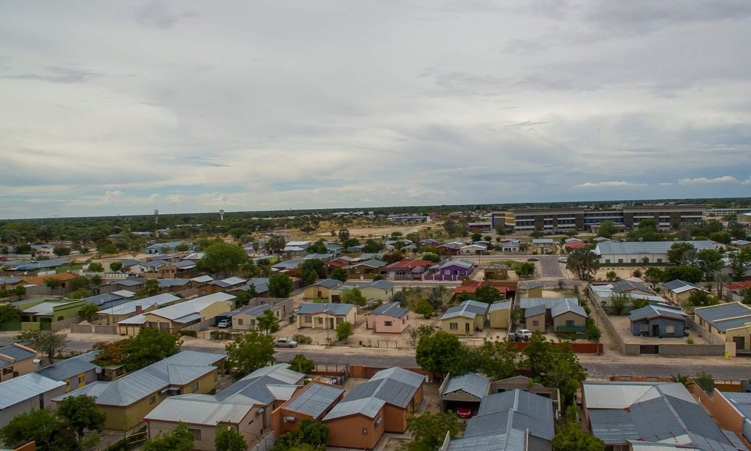Ongwediva’s residents, business entities and government ministries owe the town over N$75 million in unpaid rates and taxes.
As at 31 May, the town council’s debtors’ book stood at N$75 million, with an estimated N$19,8 million (27%) being part of its increased balance.Ongwediva Town Council chief executive Damien Egumbo announced this in a press statement last week.
“Municipal overdue accounts attract interest charges at 1,25% on capital charges per month, effectively translating into 15% per annum.
“The interest charges are deemed a way of encouraging clients to settle their bills on or before the seventh of every month. However, not all clients are effectively moved by these punitive measures,” he said.
The council introduced and implemented an interest-waiving programme from 1 July 2019 to 28 February 2020, which was later extended to 30 June 2020, he said.
Egumbo said the programme was applicable to all clients, irrespective of their outstanding amounts, and without jeopardising the council’s going concern.
“The programme was in no way construed as the writing off of bad debts, but rather an incentive of waiving interest charges to help clients settle their capital amounts.
“The interest waiving incentive programme was well received by clients. Some 152 clients participated in the programme, of which 120 fully settled their capital amounts as at 30 June 2020.
“The total capital charges paid amounted to N$981 649, whereas interest waived amounted to N$561 607,” Egumbo said.
He said the amount involved in dishonoured agreements was N$947 778, representing 32 clients.
The total amount involved in the initial programme was N$2,4 million, of which N$1,5 million was due to the success of the programme, representing 62%, he said.
“Considering the rising debtors’ book balance standing at N$74,3 at March 2024 as a result of difficult socio-economic situations facing Namibia, the council will explore a possible incentive scheme targetting all council debtors across the board, except government ministries and offices with overdue accounts.
“Although putting on hold the implementation of its credit control policy for a period of more than a year during the Covid-19 time, the council has vigorously been engaging residents via different platforms, requesting them to pay for services rendered to which not all residents responded positively.
“This is clearly indicated by a sharp rise in the debtors’ book value, which stood at N$75 million,” he said.
INCENTIVE
He said considering the success of the interest-waiving incentive programme, a similar programme could encourage those with outstanding accounts who struggle to pay these to settle their bills.
“This programme will run for a period of 24 months, from 1 July 2024 to 30 June 2026, according to which clients will be required to enter into agreements with the council to settle outstanding capital charges in full, before benefiting from the 100% interest charges by fully completing and signing the prescribed application form.”
Egumbo said the incentive programme is applicable to all account holders, except government ministries and offices.
The council will waive 100% of interest charges once full capital charges are paid, he said.
“No client shall be permitted to participate in the incentive programme more than once for the same account or property during its enforcement, and clients who apply to the council to have interest charges waived during the period allocated may not be subjected to the suspension of their water services if they honour their settlement arrangements . . ,” he said.
Stay informed with The Namibian – your source for credible journalism. Get in-depth reporting and opinions for
only N$85 a month. Invest in journalism, invest in democracy –
Subscribe Now!










